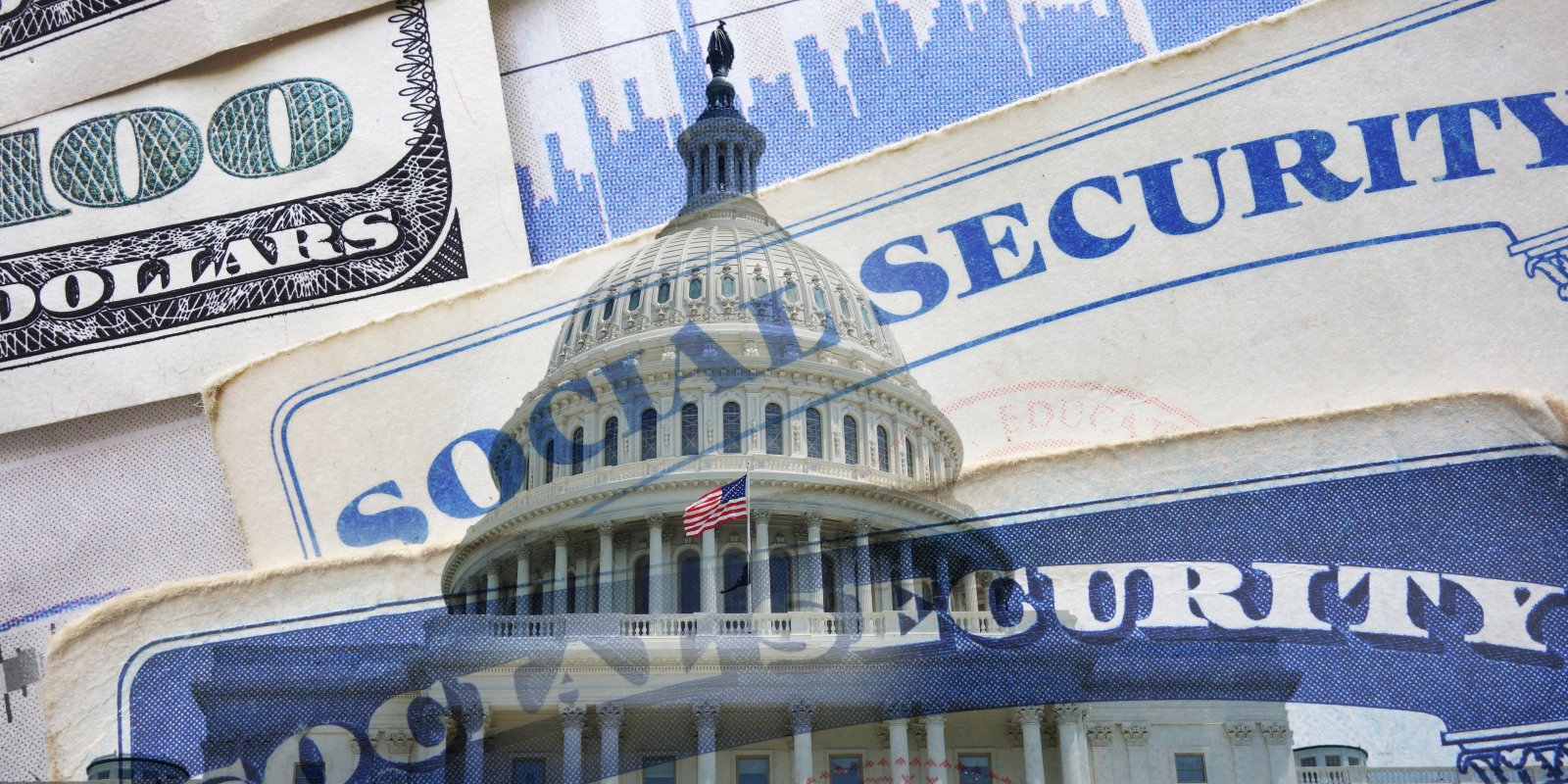GAO WARNS DOD ON RISING GAMBLING ADDICTION AMONG TROOPS

Gambling in the military has quietly become a growing concern, and a recent Government Accountability Office (GAO) report is holding defense officials accountable for not doing enough to help service members who struggle with gambling problems.
The DoD recently updated its policies to recognize gambling problems, but the GAO has seen gaps in the policy. For the GAO, without stronger guidance and accountability, service members remain at risk of gambling addiction. Therefore, their findings underscore the need for immediate action to ensure that service members receive the support they require.
DoD Data Reporting on Military Gambling Addiction
The Defense Health Agency (DHA) reported 185 active-duty service members with gambling problems in fiscal year 2024. That number might not seem high compared to the overall force, but the GAO notes that this is almost certainly underrepresenting the real scope of the issue.
The military’s reporting system depends on service members who step forward or are referred for treatment. With that, the reporting is uncertain, as many may be hesitant to step forward out of fear for their careers.
Research suggests that service members are more vulnerable to gambling problems than the general public.
“Unhealthy gambling behaviors are an increasing problem across the Armed Forces today due to the ease of online/app sports betting,” said Army Lt. Col. Isaac Lopez, a clinical psychologist with Defense Health Agency-Public Health, in the Sept. 3 article.
“This behavior is increasingly troublesome as research has shown it can lead to more significant problems, including increased risk of substance abuse and behavioral health symptoms.”
Gambling can be diagnosed as a disorder if it’s persistent and there’s a recurrent problem with gambling behavior.
DoD Policy Update: Inadequate Measures for Gambling
The GAO report says that while the DoD acknowledged the issue, the policy they have implemented doesn’t go far enough.
The DoD updated its instruction back in January 2025 on substance use to include gambling disorders. While they updated it, the new policy did not clearly assign responsibility for training, diagnosis, or treatment.
“Officials from the Defense Counterintelligence and Security Agency said that they do not track data to determine if gambling is the reason for security clearances being denied or revoked,” auditors said. “However, they noted that while gambling may be a contributing factor, it is rarely the primary reason for denial or revocation.”
Another major concern is the Morale, Welfare, and Recreation (MWR) programs that operate slot machines and gaming devices overseas. As traditional ones fade, these programs make it harder to determine accurate data on participation and spending.
DoD Policy Gaps on Military Gambling Addiction
These policy gaps can pose a significant risk to service members. Since there isn’t enough reporting, the data isn’t accurate as to how many service members have gambling problems.
Service members often avoid seeking help for gambling problems, as they fear it will harm their career or even affect their security clearance. This could mean that it can remain hidden until they reach a crisis point.
Due to these policy gaps, medical staff may lack clear guidance on how to respond. In some cases, service members who struggle with gambling problems may be referred to general financial counseling, while in others, they may not receive any formal assistance at all.
DoD Support Strategies for Affected Service Members
The GAO made nine recommendations to the DoD so that the department can address gambling in the military properly.
As it reads,
“GAO is making nine recommendations to DoD, including for DHA to issue implementation guidance that defines all roles and responsibilities for gambling disorder that are not explicitly assigned in DoD guidance; for each of the military services to subsequently establish a time frame to review and update their guidance to implement requirements for gambling disorder outlined in DoD's guidance; and for each of the military services to update their MWR guidance to be consistent with and implement DoD's revision to their MWR guidance, once completed, for responsible gaming.
DoD concurred with 8 of our recommendations and partially concurred with one recommendation and outlined plans to implement it.”
Gambling in the military does not affect just the service members themselves, but it can also undermine financial stability, mental health, and unit readiness.
By following these recommendations and addressing each department of defense, they can implement these steps so that the department can move beyond just acknowledging the problem and actively protect service members.
The DoD agreed to the recommendations and has the goal to complete them by the end of September 2026.
Read next:
- The Federal-State Standoff Over Veterans’ Pain: Can VA Clinicians Recommend Cannabis?
- VA Affirms Continuity of Benefits & Care for Veterans During Potential Government Shutdown
- The Great Power Competition Training Returns: How Each Branch Is Adapting
Sources:
Allison Kirschbaum
Veteran, Military History & Culture Writer at MyBaseGuide
Allison Kirschbaum is a Navy Veteran and an experienced historian. She has seven years of experience creating compelling digital content across diverse industries, including Military, Defense, History...
Allison Kirschbaum is a Navy Veteran and an experienced historian. She has seven years of experience creating compelling digital content across diverse industries, including Military, Defense, History...
Credentials
- Navy Veteran
- 7 years experience in digital content creation
- Expertise across Military, Defense, History, SaaS, MarTech, FinTech industries
Expertise
- Military History
- Naval Operations
- Military Culture
SHARE:



